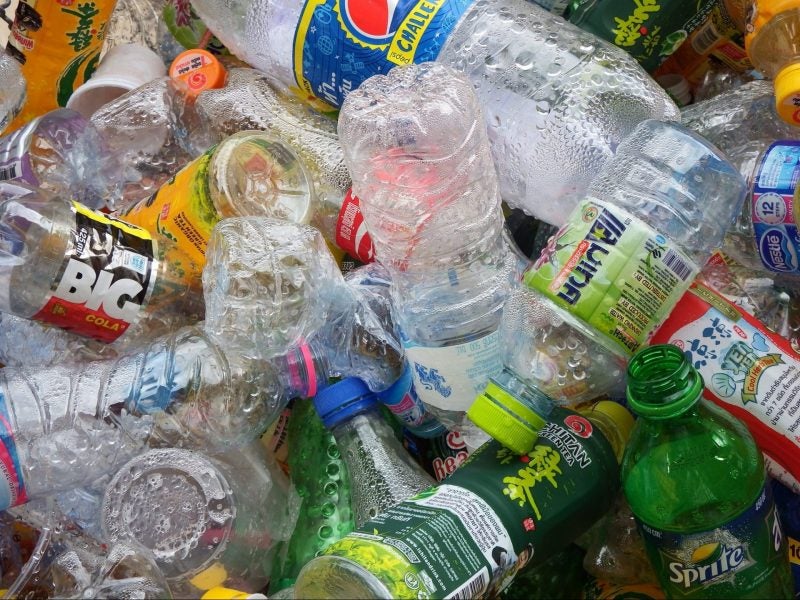
A report by UK charity and think tank Green Alliance says that companies are under “considerable” pressure to move away from single-use plastics, but shifts towards other materials may be similarly unsustainable.
The report pushes for direct intervention by government to develop a strategy for sustainable plastic alternatives. One supermarket representative told the authors that competitors are reluctant to share information, saying: “Packaging technology innovations can be quite the competitive advantage in the current climate.”
Based on anonymised interviews from leading UK supermarkets and brands, the report says that a lack of government direction has resulted in a disjointed approach to solving plastic waste and that these differing approaches from various companies can be “incompatible”.
Supermarkets, in particular, have seen increased pressure from the public to act on plastic waste.
Regarding customer interest in the recyclability and sustainability of plastic, an anonymous supermarket representative says in the report: “We’ve seen an 800% uplift in customer queries in the last year alone.”
Sainsbury’s is one UK supermarket pushing to reduce its carbon footprint and plastic waste. A Sainsbury’s spokesperson told Packaging Gateway: “We identified paper bags can take up to 36 times more space than plastic bags, which affects the number of vehicles we use on the road and our carbon footprint.

US Tariffs are shifting - will you react or anticipate?
Don’t let policy changes catch you off guard. Stay proactive with real-time data and expert analysis.
By GlobalData“That’s why we only offer paper bags for in-store bakery products and loose mushrooms to help keep them fresher for longer.
“Last year we removed free plastic bags for loose produce from all our stores and customers can now bring their own containers or purchase a reusable bag made from 100% recyclable materials for 30p.”
The brands that reported decisions to switch away from plastics said that these decisions are frequently made without consideration for the environmental impact of the alternative materials chosen.
Viridor head of sustainability Dan Cooke said: “The often kneejerk reactions of some buyers and brands can cause frustration for recycling companies as they move away from inherently recyclable packaging types into materials like coated cardboard and composites that are less recyclable and that can have a worse environmental impact.”
The report also noted that brands had not considered whether adequate collection and treatment infrastructure was in place for the substitute materials.
Green Alliance senior policy adviser on resources Libby Peake said: “The public are right to be outraged about plastic pollution. But what we don’t want is, a few years down the line, for them to be outraged about new environmental problems caused by the alternatives. We need to address the root of the problem, our throwaway society.”



